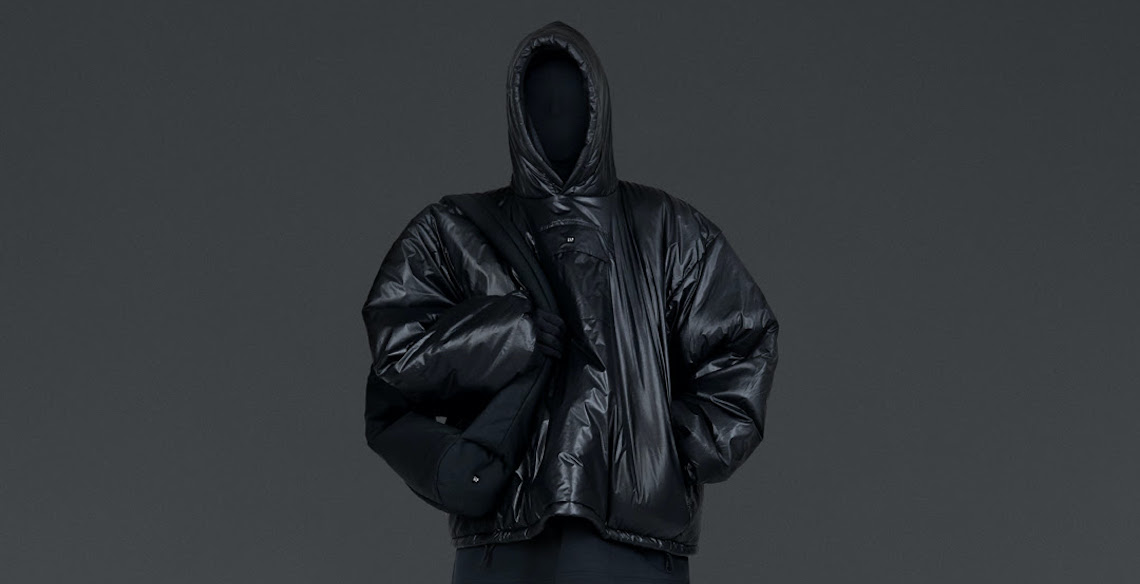Kanye “Ye” West is a massive draw for every brand he works with. From Gap and Adidas to Balenciaga, his eye for design and star power have made those partners a lot of money.
But in the last few years, the artist’s always-controversial behavior has taken a darker turn. The infamous “I’ma let you finish” moment from the 2009 Grammy’s was comparatively an easier controversy to let slide than West’s recent moves. His ongoing campaign against former wife Kim Kardashian and her new boyfriend Pete Davidson has been widely criticized as stalking and harassment. That included West’s post of a claymation music video he released showing him kidnapping and dismembering a figure intended to be a stand-in for Davidson.
While West’s brand deals have previously proven resistant to criticism or controversy, this time things feel different. The Grammys announced on Sunday it had banned him from performing at this year’s ceremony, citing his “concerning online behavior” after he directed racial slurs against “Daily Show” host and Grammys MC Trevor Noah. He was similarly banned from Instagram for a day for directing threats against Davidson. And a petition to have West removed from the lineup of this year’s Coachella music festival has passed 30,000 signatures.
Rather than the strange but harmless actions of an eccentric artist, these actions have been widely criticized as frightening, sexist and beyond the realm of acceptability. Multiple publications like Elle and Jezebel have run articles with headlines like “Kanye West’s Harassment Of Kim Kardashian Is Not A Joke” and “Kanye West’s Actions Are Stalking Behaviors.” That positions his actions closer to the kinds of behavior widely condemned by the #MeToo movement and puts brands in a stickier spot.
On the one hand, any other celebrity partner embroiled in a controversy that involves accusations of stalking and harassment would likely be dropped without much hesitation. But dropping West is a particularly difficult choice for brands for one reason: He still makes them a lot of money.
According to data provided by sneaker news site The Sole Supplier, demand for West’s clothes, both from his partnership with Gap and his separate footwear line, Yeezy, shot up by an average of 59% throughout the news cycle around Kardashian and Davidson. In February, demand increased by 56% in a single day.
U.K. fast-fashion retailer Boohoo told Glossy that, after West wore a balaclava face covering to Paris Fashion Week in February, there was a 6,900% increase in searches for “balaclava” on Boohoo’s online store in 24 hours.
“Kanye is a strong figure and has always had a reputation for saying what he thinks. So while we don’t think the past few weeks will impact him or his brands too much, the worrying thing is that, the more Kanye says, the more he puts himself and the brands he works with at risk,” said a spokesperson for The Sole Supplier. “At the end of the day, we know Kanye has used these kinds of tactics before to build hype for his upcoming projects. Usually he can control this narrative, while his fallout with Kim could lead to further setbacks”
Gap declined to comment on this story. The company has invested a hefty amount in its partnership with West. The Yeezy x Gap partnership is a 10-year deal that Gap hopes will generate more than $1 billion annually by the halfway point in 2026. West has complete creative control not only over the product designs, but also how the items are marketed and sold. The first drop from the collaboration, the Perfect Hoodie, gave Gap its single best e-commerce sales day in history when released on September 29. The line’s collaboration with Balenciaga in February was also met with much anticipation.
In September of 2021, Gap CEO Mark Breitbard told Glossy, “Ye is a creative force. The energy around this partnership is great for the brand and company, so we’re excited to be working with him”
An estimated $1 billion annual revenue from the partnership is not something that Gap will likely throw away easily, since that number represents nearly a quarter of the revenue that the Gap brand made in the year before signing the deal. As West continues to generate negative headlines, Gap will have to weigh the costs and benefits of associating with an increasingly polarizing figure.
“The authentic question every corporation needs to ask themselves is, ‘Are we expressing our true values in our ad campaigns?’” said Elizabeth Toledo, president of Camino PR and an expert on crisis communications. “Companies that measure their actions by how much they can get away with in the interest of profiteering eventually stumble.”




